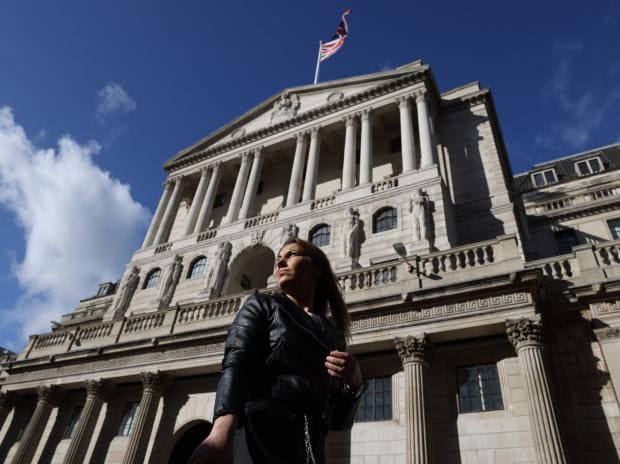It wouldn't make sense to abruptly forbid lending to non-green projects now, since the world needs to avoid hitting hardest banks most involved in carbon-heavy sectors.

Over 450 of the world’s banks have committed to a new initiative at the COP26 UN Climate Change Conference which is designed to decarbonise their investments. Overseen by former Bank of England supremo Mark Carney, the banks and other financial institutions signing up to Gfanz (the Glasgow Financial Alliance for Net Zero) are pledging to report annually on the carbon emissions linked to the projects they lend to.
They are also aiming to provide trillions of dollars in green finance, while committing to net zero emissions across the board by 2050. Major signatories to the initiative, which was originally unveiled in April, include Citi, Morgan Stanley and Bank of America.
While it’s very encouraging to see many of the world’s leading banks committing to sustainable lending, it’s hard not to feel apprehensive. It certainly isn’t the first opportunity that they have had to decarbonise their loan books, and so far the results have not been impressive.
In 2019, the UN General Assembly exuberantly launched its principles of responsible banking (PRBs) with similar goals in mind. The banks that signed up agreed, among other things, to “work with their clients to encourage sustainable practices” and to “align their business strategy” to the UN sustainable development goals and the Paris climate agreement.
So far, many of the biggest banks in the world have not signed the PRBs, even though the principles have been the gold standard until now for committing to decarbonising lending. Leading signatories are also a long way from satisfying their requirements – not to mention those of Gfanz.
No comments:
Post a Comment